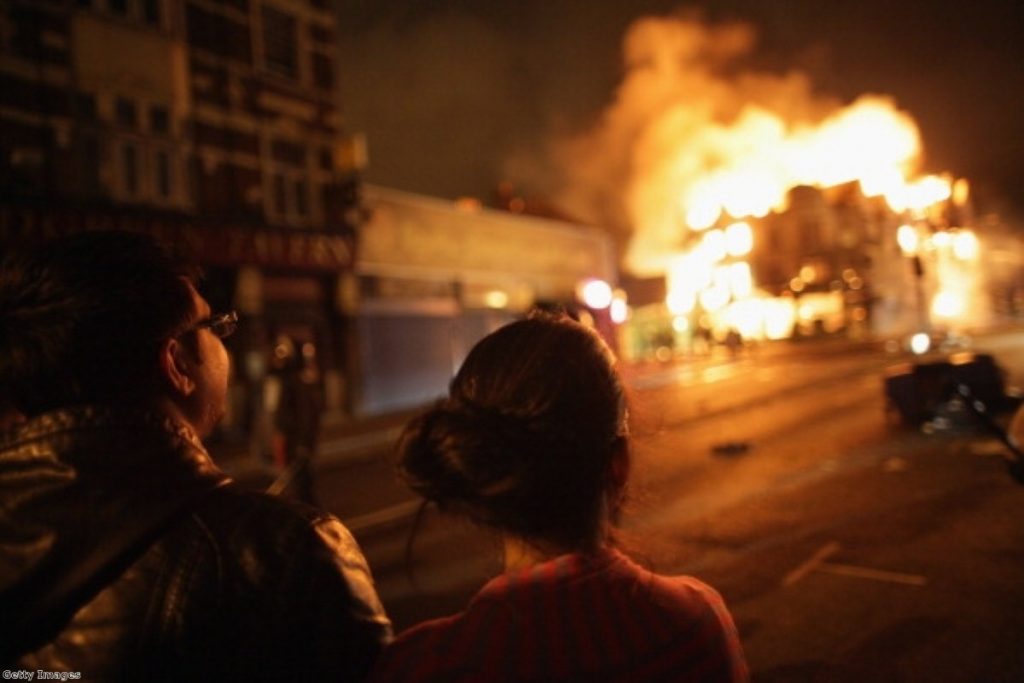Justice denied: Youth riots change the face of UK courts
By Cassie Chambers
The aftermath of last summer’s youth riots has led to a controversial Ministry of Justice (MoJ) demand for swifter justice across the UK.
The white paper, which critics said will "deny justice" to the accused, will recommend an increase in neighbourhood justice panels, faster turnover of cases, and longer, more flexible hours for magistrates.
"The whole point of these reforms to ensure swift and sure justice is about putting the victims first. There is no need for unnecessary delay in our criminal justice system," said police minister Nick Herbert, speaking to BBC radio 4.


"It is in the interest of justice that people are dealt with appropriately and, where they are going to court, that they are brought to court as soon as possible and that is not happening at the moment."
Yet many worry that faster justice is not the same as better justice, expressing concern that the focus on speed will lead the system to ignore nuance and due process.
"Justice rushed is justice denied. We pride ourselves in this country on a fair system of law and that means evaluating the case, investigating it properly and in fairness to both sides making sure the evidence is properly examined," Liberal Democrat councillor Greg Foxsmith told the BBC’s Today show.
"I am worried that some of these proposals are going to mean…we are going to lose something along the way," he continued.
Under the new proposals, some cases could be resolved within days, or even hours of arrest.
Yet the police minister emphasised the need for this sort of reform, saying that there is a "in-built delay in the [current] system".
He told BBC’s radio 4: "The vast majority of cases which actually are simple, straightforward, and very often not contested, should be brought forward more quickly…that’s what we saw in the riots."
The government's changes to the justice system in response to the riots – including fast sentences and the use of community justice panels – proved a popular response to the crisis.
Experts suggest that this white paper represents government's attempts to make these temporary changes more permanent and widespread, possibly leading to drastic changes to the UK's justice system.









